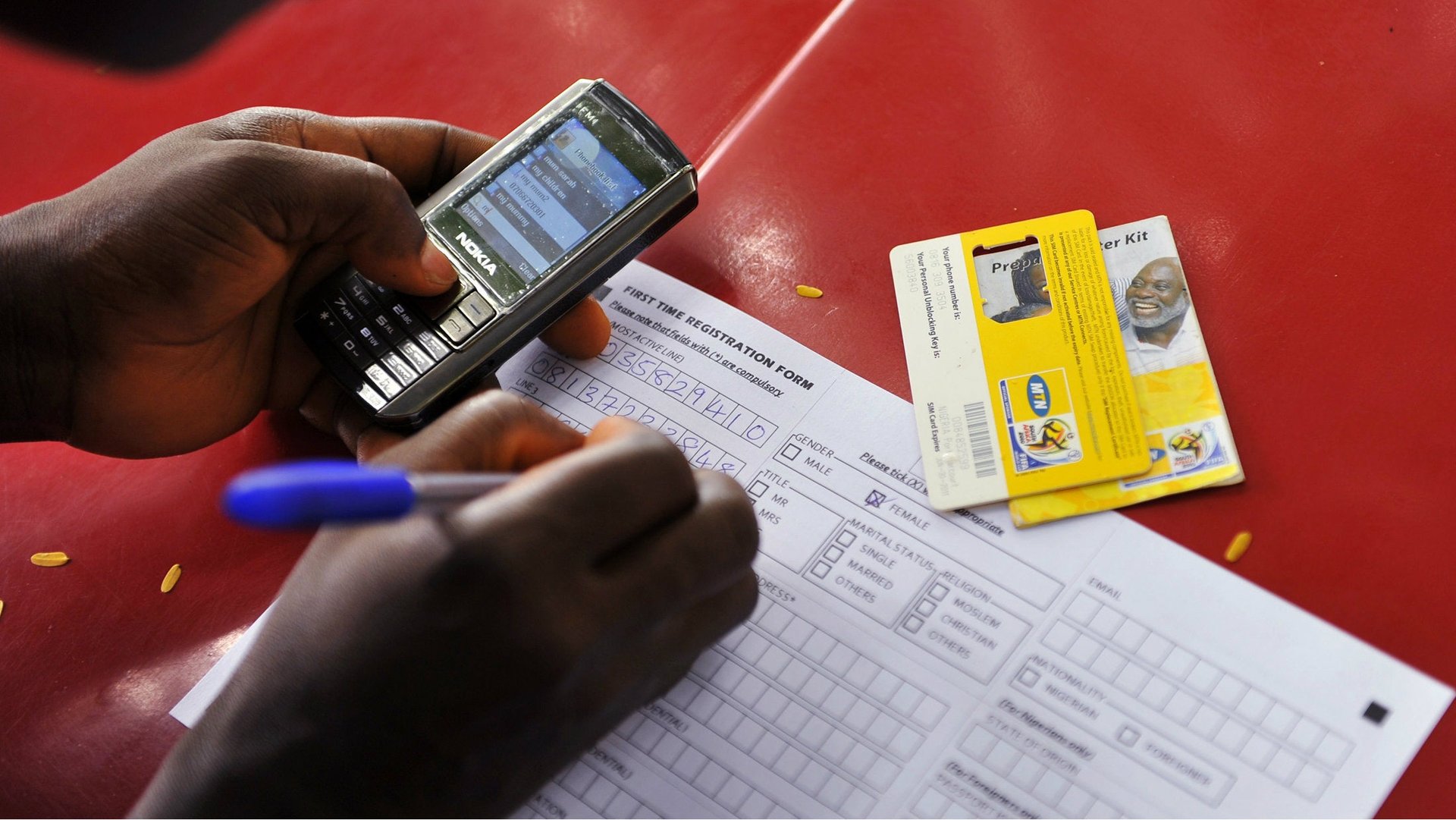Nigerians can finally block nuisance text messages from their phone networks
Nigeria’s telecoms regulator has directed phone networks to give subscribers the option of activating a ‘do not disturb’ (DND) feature to prevent being spammed by promotional texts. Networks have to provide a code “to allow any subscriber who does not want to receive unwanted messages from the operators bar such messages.”


Nigeria’s telecoms regulator has directed phone networks to give subscribers the option of activating a ‘do not disturb’ (DND) feature to prevent being spammed by promotional texts. Networks have to provide a code “to allow any subscriber who does not want to receive unwanted messages from the operators bar such messages.”
The promotional spam text culture has been mainly driven by companies providing subscription-based information services that range from daily news to health, business and finance tips at a cost. In a bid to boost subscription numbers and revenue, networks have been known to offer one week trials after which a subscriber becomes automatically listed and charged for the service unless they expressly ask for it to be cancelled.
This tactic has been criticized as fraudulent as mobile users are charged for weeks without knowledge of being actively subscribed to the service. ”It’s annoying,” a Nigerian commenter told BBC. “It’s an abuse of my rights and they intrude my privacy. In a day, I get up to 10 texts.”
“The unsolicited messages are a complete nuisance and sometimes they charge us for it,” added another commenter. “How can you even pay for something you don’t even like?”
As the NCC ramps up regulation of promotional texts, it could next turn its focus on applying similar policies to caller ring back tones (CRBT) services. Just like spam messages, mobile users are often signed up to various local hit songs as their ring back tones without their knowledge or approval. The popularity of the ring back tones service in general has morphed into a key revenue source for the local music industry as physical music sales have steadily declined. MTN, Africa’s largest phone company, told CNN last month ring back tones generate around $80 million a year.
To enforce the new policy, Umar Danbatta, Nigeria Communication Commission’s executive vice Chairman has warned of “huge sanctions” for non-compliant networks. Given the NCC’s eight month tussle with MTN, the country’s largest network, which culminated in a $1.7 billion settlement, mobile networks are likely to be well aware of the Commission’s recent tough stance on compliance.